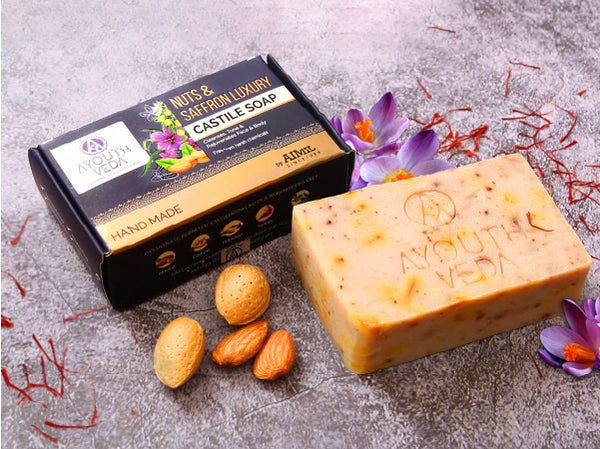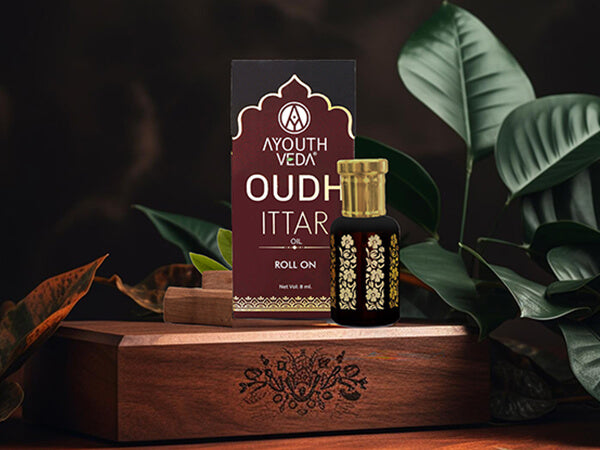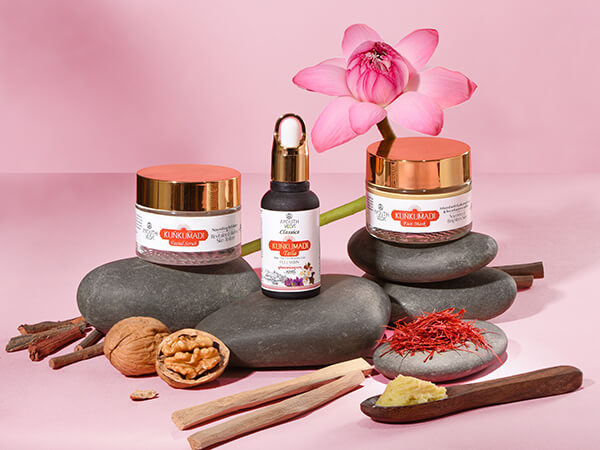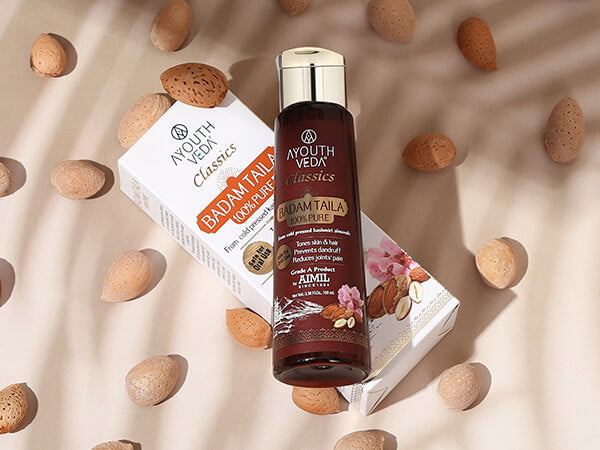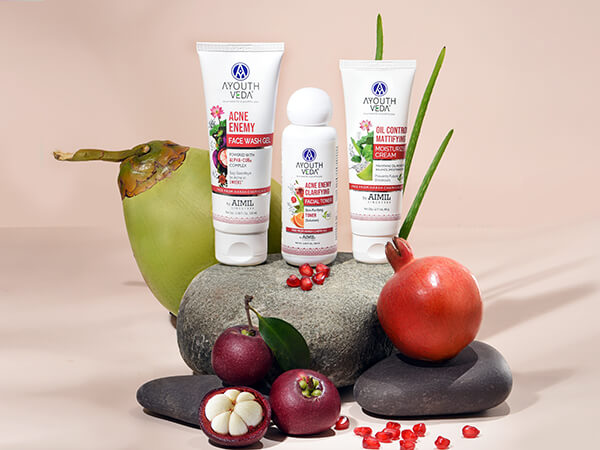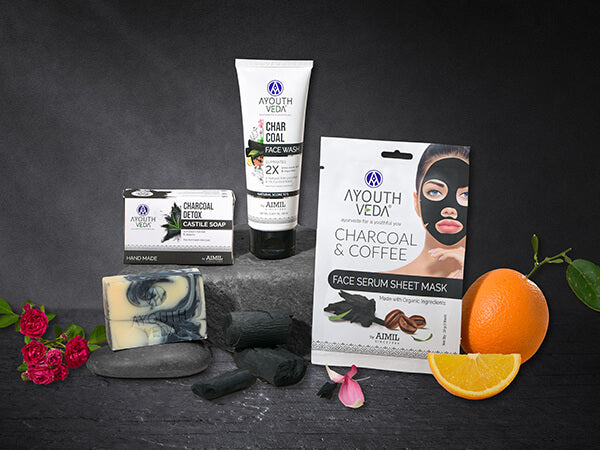DINCHARYA & AYURVEDIC LIFESTYLE
DINCHARYA & AYURVEDIC LIFESTYLE
Ayurveda in today's world is an actual interpretation of nature. Ayurveda being an age old science, focuses on holistic healing in terms of physical, mental, social & most important spiritual well being.

Fundamental concept of Ayurveda-
स्वस्थस्य स्वास्थ्य रक्षणं, आतुरस्य विकार प्रशमनं। (चरक संहित सूत्र ३०।२६)
Ayurveda Shastra aims at keeping a healthy person healthy and managing or curing diseases (mind, body, or both) that manifest in a person & in order to achieve this Ayurveda emphasis on opting vedic charya (Ayurvedic lifestyle).
Charya in ayurveda means day to day practises that are meant to maintain proper physical & mental health. Ayurveda text explains two major charya’s- DINCHARYA (daily practises) & RITUCHARYA (Seasonal practises).
Since all the acharyas have elaborated the concept of dinacharya but the most beautiful insights on ayurvedic lifestyle were given in ashtanga hridayam. It state
- Firstly we should wake up in Brahma muhurta (means 96 mins/1.5 hr before sunrise). According to indian time around 4:30 am.
- Sleeping for longer disturbes the bowl process, causing bloating due to aggravated vata dosha.
- Immediately after leaving bed one should pass urine & faeces. If constipated, perform malasana & drink warm water without lemon empty stomach on a regular basis. Early morning elimination represents healthy physiology.
- Danta dhawan (brushing teeth) with herbs such as arka, khadira, karanja etc. is recommended for strong & healthy teeths. Keeping modern scenarios in mind one can use medicated paste.
- Tongue scraping: It is one of the most important procedures mentioned in ayurveda as it removes aama (oral toxins), improves digestion (Digestion being the most important aspect for radiant skin) & maintains oral hygiene.
- Abhyanga (oil massage)- Especially oiling the whole body with nourishing oil before bathing in winters (sesame oil is prefered in winter season) not only strengthens muscles but also improves body blood supply, removes skin dryness in winters & brings natural glowing skin from within.
(Note- massaging face & feets with oil during winter night is recommended to attained radiant skin)
- Nasya (nasal oiling)- It is also a beneficial ritual which should be done in the winter season to avoid unwanted respiratory infections.
- Vyayam (exercise)- Winters are the right time as per ayurveda to do vigorous exercise as during winter the body's ability to cope up with exhaustion is high.
- Gandusha (oil pulling)- Traditionally gandush means squashing mouth with herbal oils but can be done with warm water as it improves blood supply, strengthens facial muscles, and enhances jaw lines.
- Uptan (wet scrubbing)- Winter is the time when your body becomes dry & rough therefore natural wet scrubbing is essential as it removes dead skin cells from the surface & lets your skin breathe properly & brings natural glowing skin.
- Sanana (bathing)- During winters bathing with warm water is preferred except for eyes as bathing improves digestion, increases dermal blood supply & enhances skin health.
- Shiro-abhyanga (head massage)- Winter is the season that will bring dry hair, scalp & nails hence regular head massage is recommended in ayurveda with herbs (brijraj, tulsi, amla, shikakai) infused oils in order to remove dryness, nourish scalp & promote hair growth.







